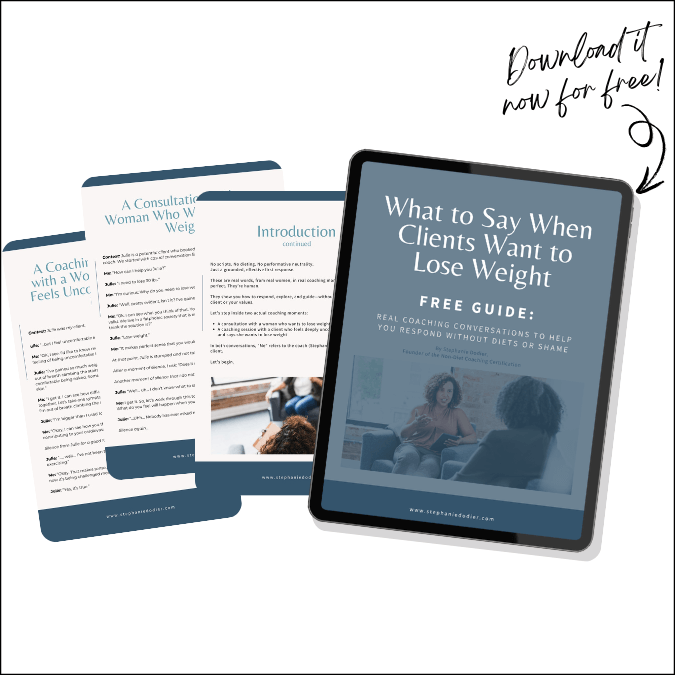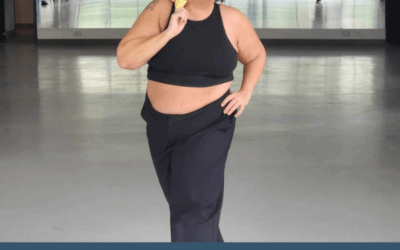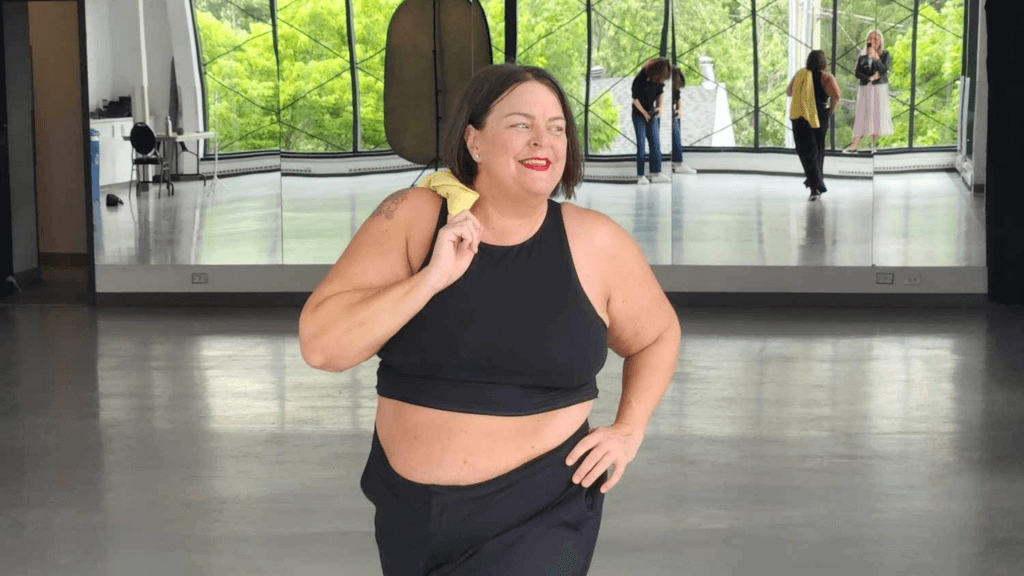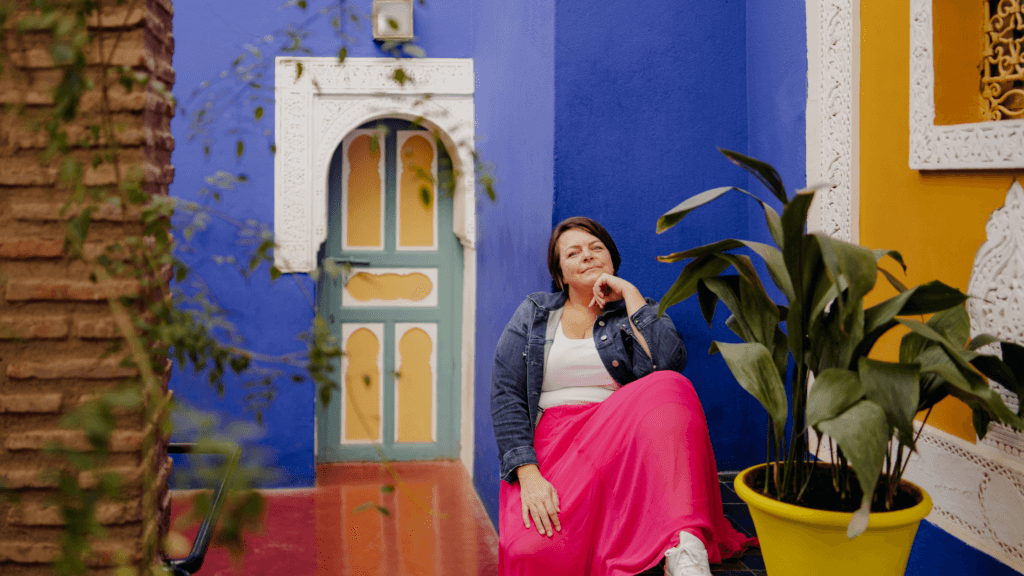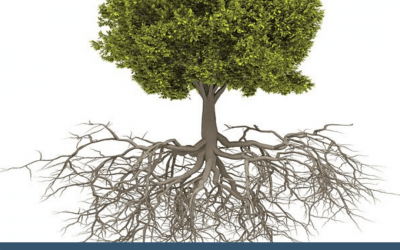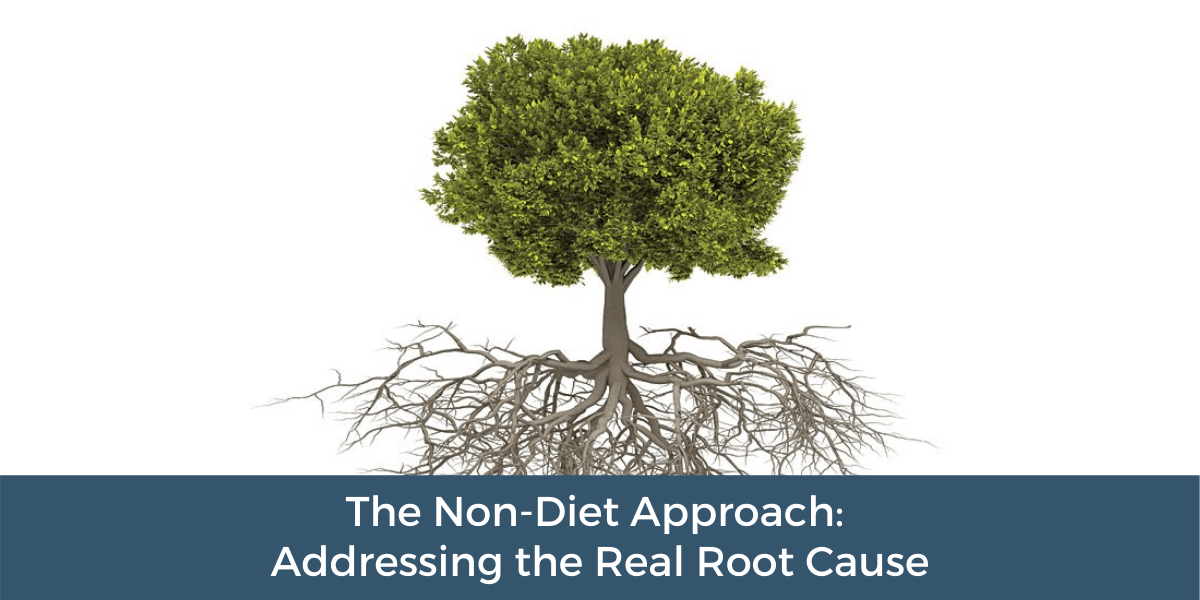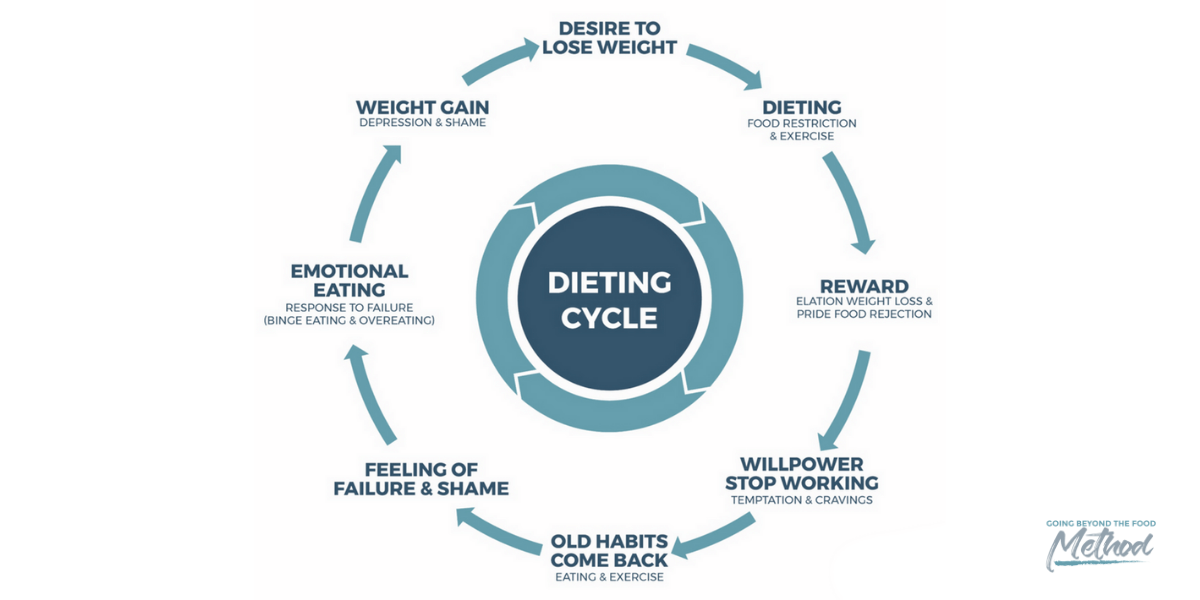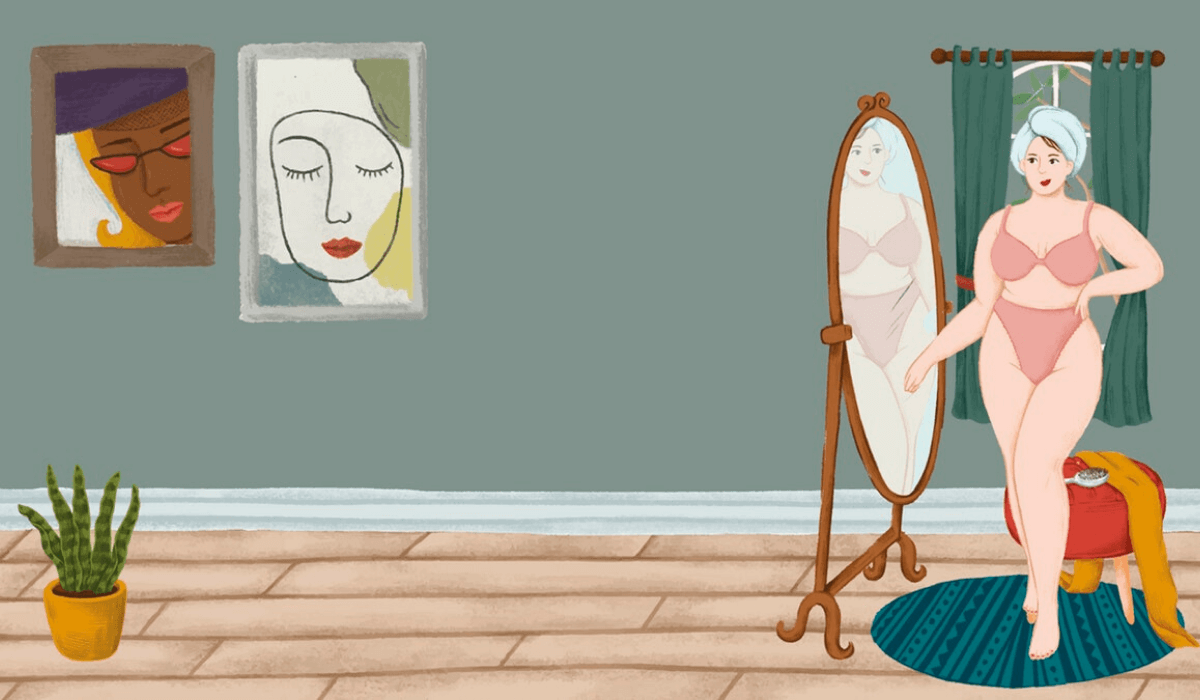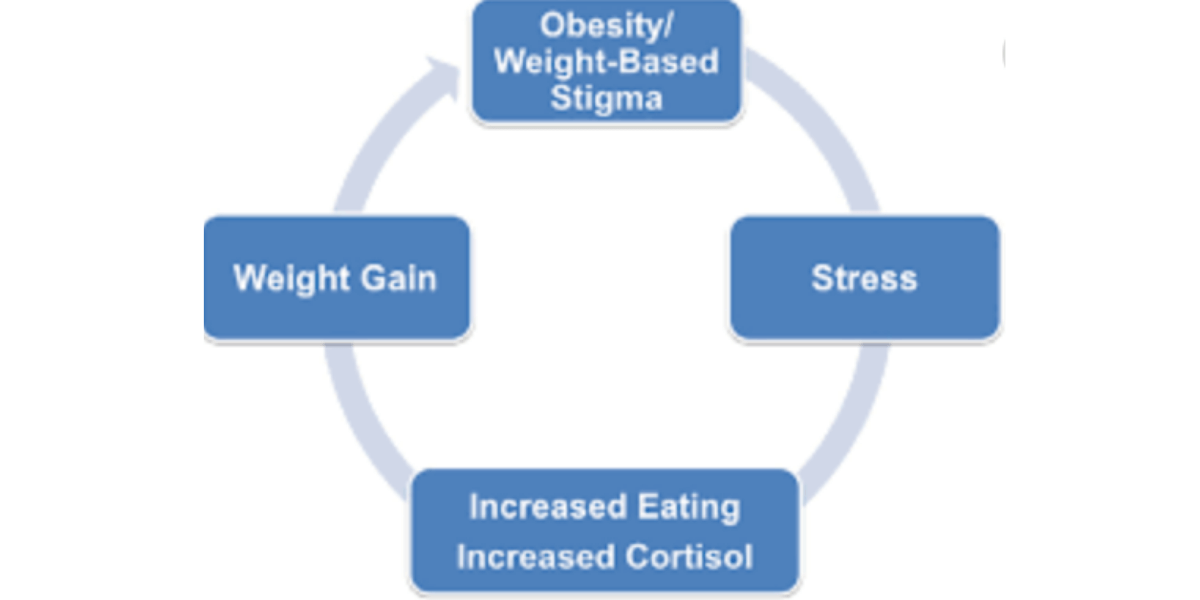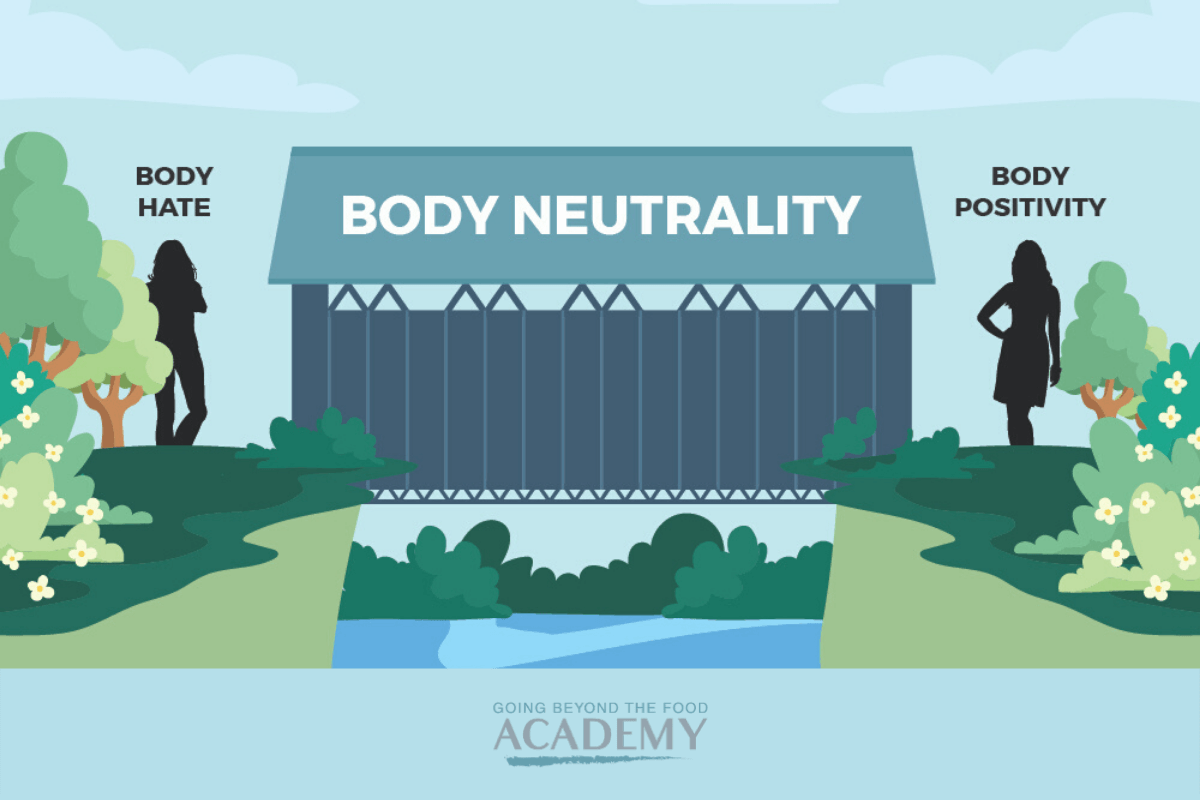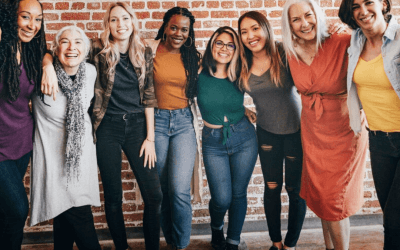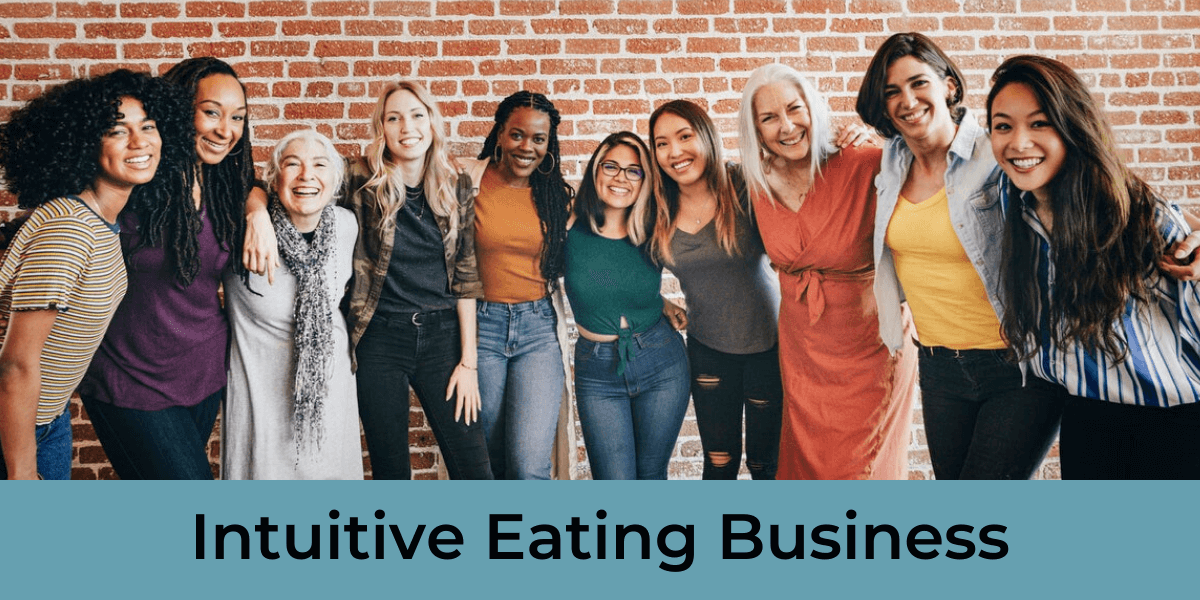Statistics may vary to the exact % but one thing is clear: most women are dissatisfied with their body.
Research released by Dove, for their ‘Self-Esteem Project’, found that 96% of women in the UK reported feeling anxious about the way they look, compared with 86% in China, 72% in Brazil, and 61% in the US. Only 4% of the women in all the countries surveyed would consider themselves ‘beautiful’, and by the time girls reach 17, 78% will be ‘unhappy with their bodies’.
Women don’t diet because they enjoy dieting. Women who diet do it because they think they have to. These women think they are their body, thus, their bodies’ ability to meet the diet culture expectations define their worth.
Helping women leave and recover from diet culture is a feminist issue.
Why a non-diet approach for women?
The intersection between diet culture & women history
Women socialization to diet culture
Women internalization of diet culture
Non-diet Approach for women Professional Training
Non-diet Approach for women mentorship
If you would like to listen to the article in audio format the Going Beyond The Food Show
Links mentioned in the episode…
Non-Diet Coaching Certification
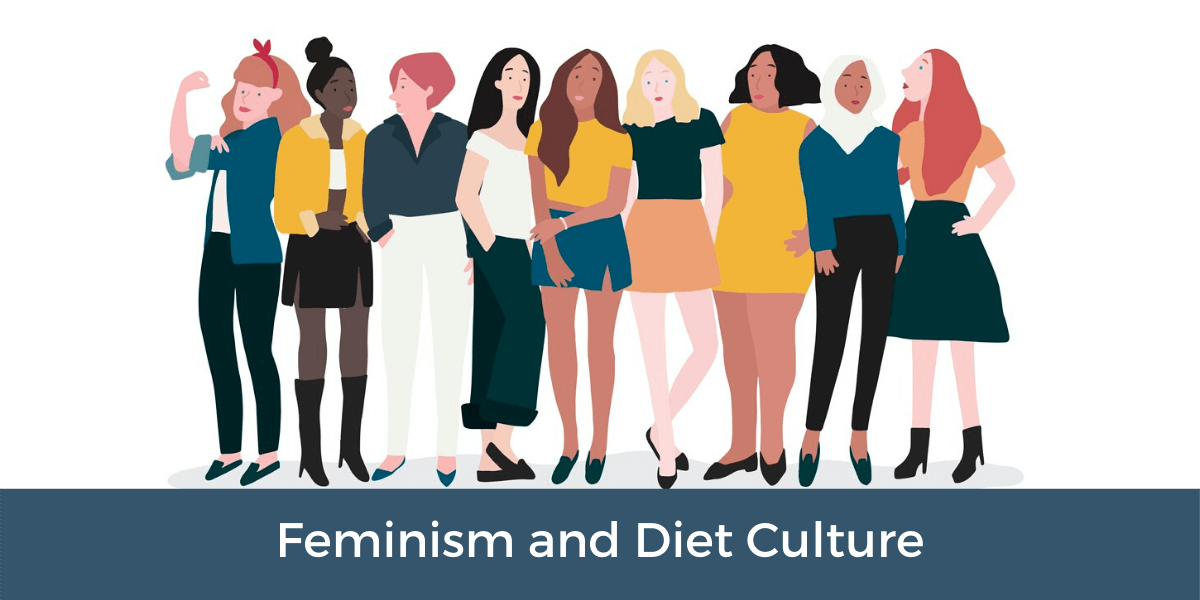

feminism and diet culture
Why a non-diet approach for women?
When women first seek to stop dieting, they think they need to “fix” their “food issue”. After years of dieting they’ve been told in many different ways that the issue was them, not the food. That if they could eat “normally” they would finally achieve their “normal body”. Sounds familiar?
It’s normal that your future client thinks like this… that’s all they’ve ever known. They’ve spent their life wondering why they struggle with food and if they could only “fix what’s wrong with them and food,” life would unlock their dreams.
The truth is: they have no issues with food. In fact, as we discovered in S1 EP 1 Intuitive eating Mentorship – First do no harm for us, as practitioners, to validate their thoughts about food and them being the issue can cause more harm. The way they engage with food now is the result of the restriction of dieting. Dieting is the issue not food. But why do your clients diet? As we’ve learned in the last episode: fatphobia: the fear of fatness.
A weight-neutral approach to health
The non-diet approach helps clients stop dieting, make peace with food and body image. It’s a weight-neutral approach to health that helps people reconnect to their innate power and become their own expert at their bodies.
Although the non-diet approach is gender-neutral, I believe that a segment of the healing approach should address the specific forces pulling at each gender/ sex: Cis-women, Cis-men, Trans, Genderqueer, non-binary, etc… I believe that each gender should have non-diet professionals that understand the specificities and struggle for each group for the best care.
The Going Beyond The Food Method™️ is for people that identify as women. I created this methodology based on my experience as a cis-woman over the last 45 years. As a person in a women’s body who has been exposed to the force of patriarchy and its attempt to control me as a woman and my body.
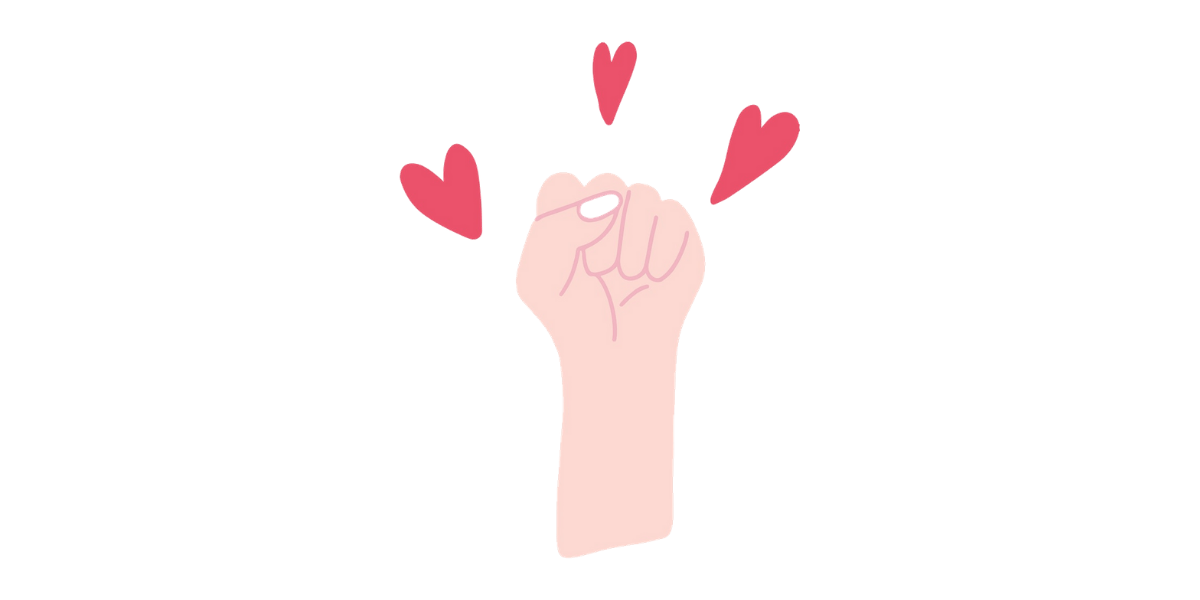

feminism and diet culture
Feminism & diet culture
First, let’s take a step back and understand patriarchy. Patriarchy is a social system in which men hold primary power and predominate in roles of political leadership, moral authority, social privilege, and control of properties. Patriarchy views men as dominant and women as submissive.
One of the many ways in which patriarchy attempts to dominate women is by exerted forces that dictate how women handle their bodies: reproduction, sexuality, beauty, and yes, body size and shape.
Most recently over the last 100 years, Diet Culture has become the cultural form of oppression on women’s bodies. Diet culture judges women’s worth based on their physical body size and looks. It assigns moral values to the ability of women to meet up with their standards.
The diet culture keeps women focusing on their bodies. Dieting keeps women distracted on food, exercise, and trying harder at restricting instead of using their innate resources to achieving much more important things in their life. Given that the tools proposed to women to achieve their “ideal body according to patriarchy” doesn’t work, it keeps women thinking they are the problem and not the diet. Women keep doubting themselves, their abilities, their capacities, and their obsession with trying to make up for what they are told are a personal failure to achieve the “good enough body”.
It is my belief as a health professional that women must understand why they “chase” a smaller body to their healing and recovery. For women, to truly liberate themselves from diet culture and its chain, they must know why society created it in the first place.
The intersection between diet culture & women history
If you look through history, their beauty or body didn’t always control women. Instead, their ability to procreate and religion controlled women. It’s not until recently that women’s bodies became the center of attention.
The mid 19th century
The feminist movement was beginning to form as women gain access to education. Women involved themselves in the abolition movement and women continued asking for their own political power. As women become more vocal and demanding more power, patriarchy responded with pressure on women’s bodies to be smaller.
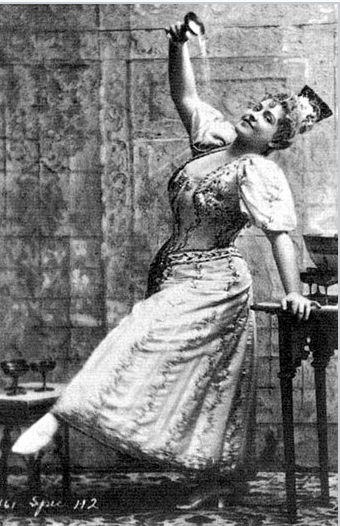

feminism and diet culture
The Gibson Girl
The Gibson Girl was born in 1880. This was the personification of the feminine ideal of physical attractiveness as portrayed by male artist Charles Dana Gibson. This body female ideal was heavily promoted and published via the new magazine and printing industry. So, ensure product advertisement ways to look like Gibson’s girl: beauty products, pills, cream, arsenic pills, etc…Diet culture was born. This period also introduced ready-made clothes and women needed to “fit” clothes when up to then clothes were made to fit women.
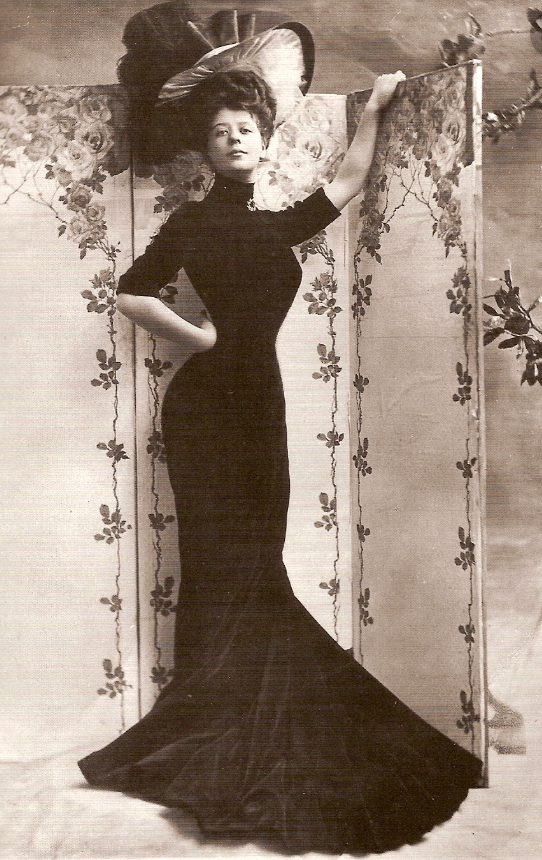

feminism and diet culture
The Flapper girl
As the suffragette movement began to gain the right to vote in many countries, the Flapper girl was born. Women became “liberated” from the Gibson girl corset only to find themselves binding their natural feminine curve into the linear look of the 1920’s. Thinness was a sign of “perceived freedom” for women. This solidified the diet culture.
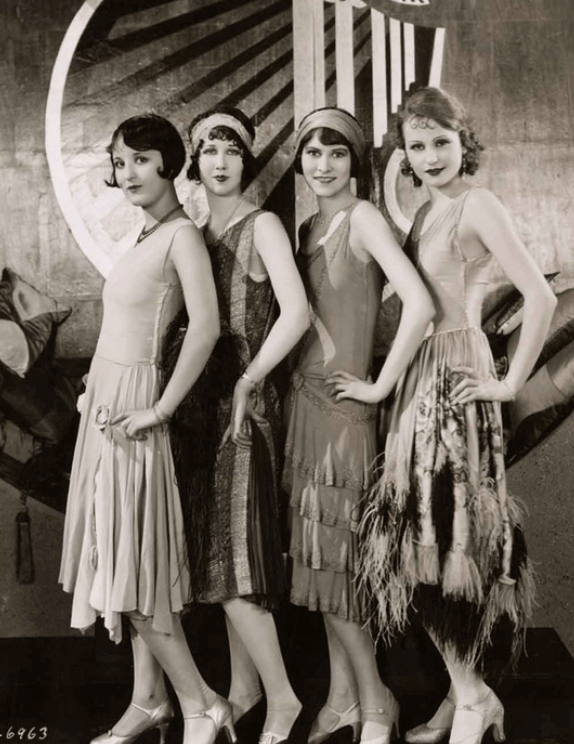

feminism and diet culture
Twiggy
With every gain in socio-economic power, women gained a smaller and smaller body ideal. Whereas the first-wave feminism in the early 90’s focused mainly on suffrage and political power, the second-wave feminism that began in the late 1960’s was focused on equality issues. That’s when Twiggy became the first supermodel; willowy, thin, adolescent physique.


feminism and diet culture
The 80’s
In the 80’s as women affirmed their new equality, came the low-calories, low-fat, and aerobic era with Jane Fonda as the leader. Calories counting began and this is when women became obsessed with dieting.
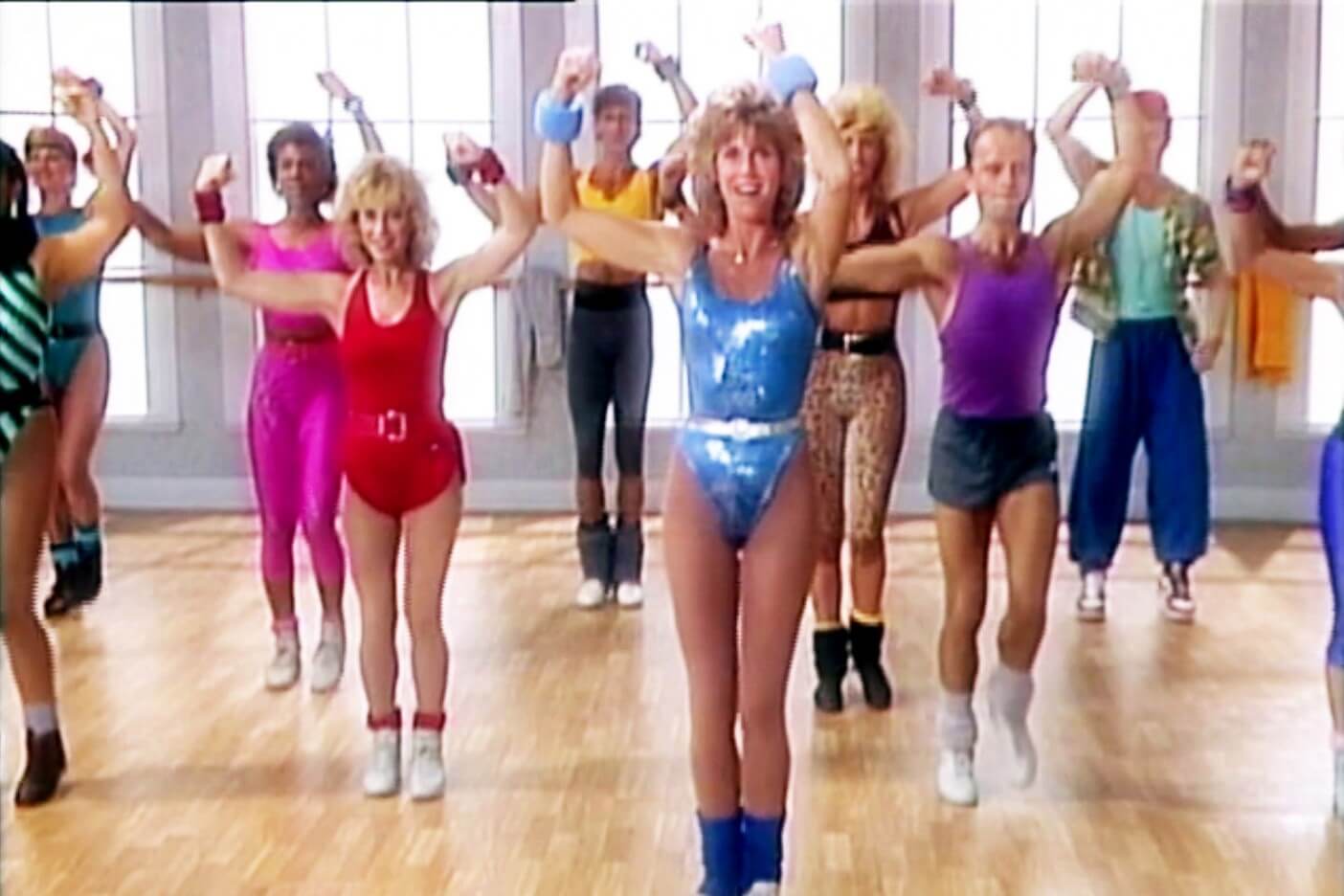

feminism and diet culture
And it continues up to today. The 90’s saw Kate Moss as the body ideal for all women. With an even smaller body than Twiggy, women’s ideal was body waifish, extremely thin described as “Heroin Chic”. The ’00s saw the Victoria Secret angels, and today we have the influencer healthy body ideal throne by the Kardashian.
“A culture fixated on female thinness is not an obsession about female beauty, but an obsession about female obedience. Dieting is the most potent political sedative in women’s history; a quietly mad population is a tractable one”
– Naomi Wolfe
Women socialization to diet culture
Socialization is the process of internalizing the norms and ideologies of society. It may lead to a desirable outcome and in certain aspects of life ensure our survival.
Socialization to diet culture and female body ideal happens at a very young for women. When were you gifted your first Barbie?
Among many societal behaviors, Their body, their beauty, and being a “good girl” defined women. Society conditioned women to please using their bodies. While society defined boys to be strong, intelligent, and non-emotional.
Most women who diet chronically today encountered their first diet in their early teens. They first observed their female caregiver being “dissatisfied” with their body and dieting. As these women entered their puberty and began awakening to being attractive, they engage with their first diet. Worse, some women experienced diet before the age of 10 as their parents wanted to prevent the “shame” of being in a non-conventional body.
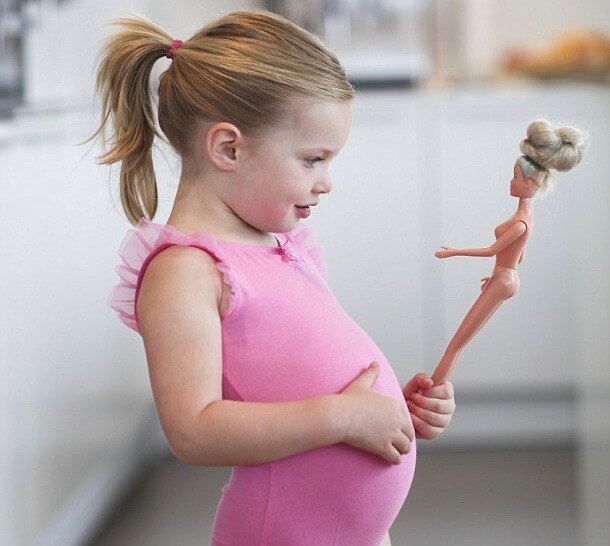

feminism and diet culture
Women internalization of diet culture
The process of internalization pertains to the person’s acceptance of a set of norms and values established by others and learned through socialization.
Women internalized diet culture in their teens leading to adulthood. This is when of having to please, as a woman, using among other things our body moves from outside of our own mind to being part of our own mind. At that point, diet culture has shaped who we are as a woman.
As we discussed in a previous article Non-diet Approach: Addressing the root cause, fatphobia is at the root as to why women diet. The process of diet culture internalization leads women to be fatphobic. They fear of being fat. They fear others judging their body as a fat body. It’s said that women fear weight gain more than illness.
Women’s fear of being in a non-confirming body is validated daily. Hundreds, if not thousands of times, marketing images and words, social media, conversation with other women, medical treatment, the beauty industry, etc… remind women that they should fear to be in a non-thin ideal body.
To cope with this constant pressure, women adapt. Diet Brain is a term I coined that best expresses how women adapt to diet culture socialization and internalization. To adapt, women become people-pleasers, we expect perfection for ourselves in the hope to offset our inability to be in a confirming body ideal. While the solution to achieve this thin ideal, “dieting” has a 91-95% failure rate, we blame ourselves for it not working so we adopt an “All or nothing” mindset when it comes to food and health.
This adaptation process is unique to people identifying as women and is the reason why Non-Diet Coaching Certification is essential for health professionals helping women recover from diet culture.
“Your dislike of yourself is a side effect of the POISON you are being fed. None of this messaging is real. Your inner bully has learned the lies society fed it, and is giving you fake news about your looks, your value, your worth, your right to be happy. I’m so sorry you have to deal with this crap. Diet Culture is just making you hate yourself for a profit”
– Naomie Wolfe
Dieting is a feminist issue
Opting out of diet culture as a woman is more than simply stopping dieting. It’s a feminist act. When we stop buying into the diet culture definition of what being a woman is, we reclaim our power back. We say no to being our bodies. We say yes to trusting and respecting ourselves first.
Helping women recover from the diet culture must include the education to how we got to be where we are today as women. That we were capable to feed ourselves, to care for ourselves, and to be more than our bodies. The socialization and internalization of diet culture are what created the beliefs that lead us to dieting and trying to fit in using our own body against ourselves.
One of the paths to reclaim our power from the diet culture can be with intuitive eating. Using our source of shame, that is food, can actually rebuild a relationship of trust and respect towards our own selves. As we reconnect to our innate body wisdom, we get to witness the power that is within us.
As we build confidence in our innate capacity to feed ourselves, we can continue to use diet culture source of shame to regain our power as women. Healing our body image and crafting a new way to be in our human body shell is not only necessary but very empowering.
“If your self-esteem is dependent on external result, you have given all your happiness and agency away. It’s an exhausting, and powerless way to live.”
Women empowerment
Individual autonomy is this idea that refers to the capacity to be one’s own person, to live one’s life according to reasons and motives as one’s own and not the product of manipulative or distorting external forces.
Leaving the jail of diet culture is a revolutionary act for women to not only be autonomous but to claim their power back from a patriarchal society that suppressed our empowerment.
In today’s society, the greatest punishment is to take away people’s autonomy and freedom by sending them to jail. Diet culture has taken women’s autonomy and freedom. Diet culture robs women of the capacity to be in their now body, to feed themselves naturally, to wear clothes they desire, to decide their own beauty standards, etc…
Helping women recover from diet culture is truly about empowering women to live their full life today… unconditionally. Choosing to accept your body is hard but doing hard “things” is what builds confidence in women… not body size. Saying ‘no’ to outside control and ‘yes’ to inner power is what builds self-esteem in women, not beauty.
Non-diet Approach for women training
The non-diet approach is the exact opposite of dieting. It’s a weight-neutral approach to health and nutrition that empowers women to become the expert of their own body. That shifts women from being their body to supporting their body so they can live their full life… right now!
The Going Beyond The Food Method™️ is our proprietary methodology that helps women to recover from diet culture and learn the non-diet way of life. Firstly, our 4 pillars are Body Wisdom, Body Trust, Body Respect, and Body Neutrality. Secondly, our framework is composed of 5 steps process: Intuitive Eating, Body Neutrality, Self-Coaching, Emotional Intelligence, and Mindfulness.
You can learn and transform your life with the Going Beyond The Food Method with our signature program.
Non-Diet Coaching Certification was created for providers and coaches wanting to deliver the Non-Diet Approach in their practice following the Going Beyond The Food Method.
Want to know if the Non-Diet Approach and The Going Beyond The Food Method can be of support to you? Get my starter pack and complete the three assessment: eating, body image and mindset.
You can also listen to our non-diet podcast.
Non-Diet Approach Certification program
The Going Beyond The Food non-diet coaching certification program is a space where you can receive support guidance to become the best non-diet professional. It’s a program that will refine your non-diet professional skills set to empower women and teach you the skills you need to build a successful business that can impact thousands of women.
It helps you develop as a powerful leader and help other women come back to their power. You learn how to harness your ability to support and help other women. As a result, you can impact thousands of other women and dismantle diet culture.


